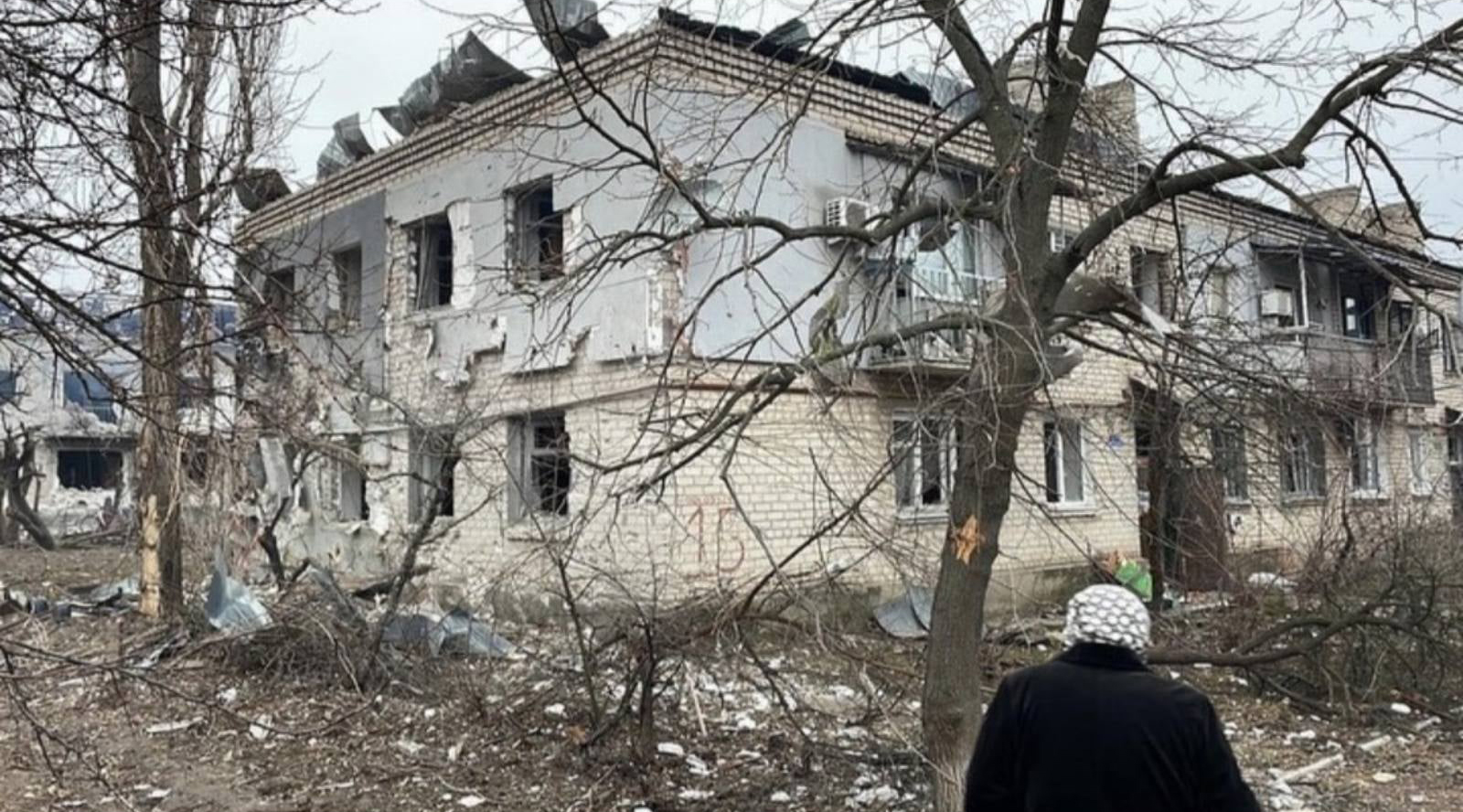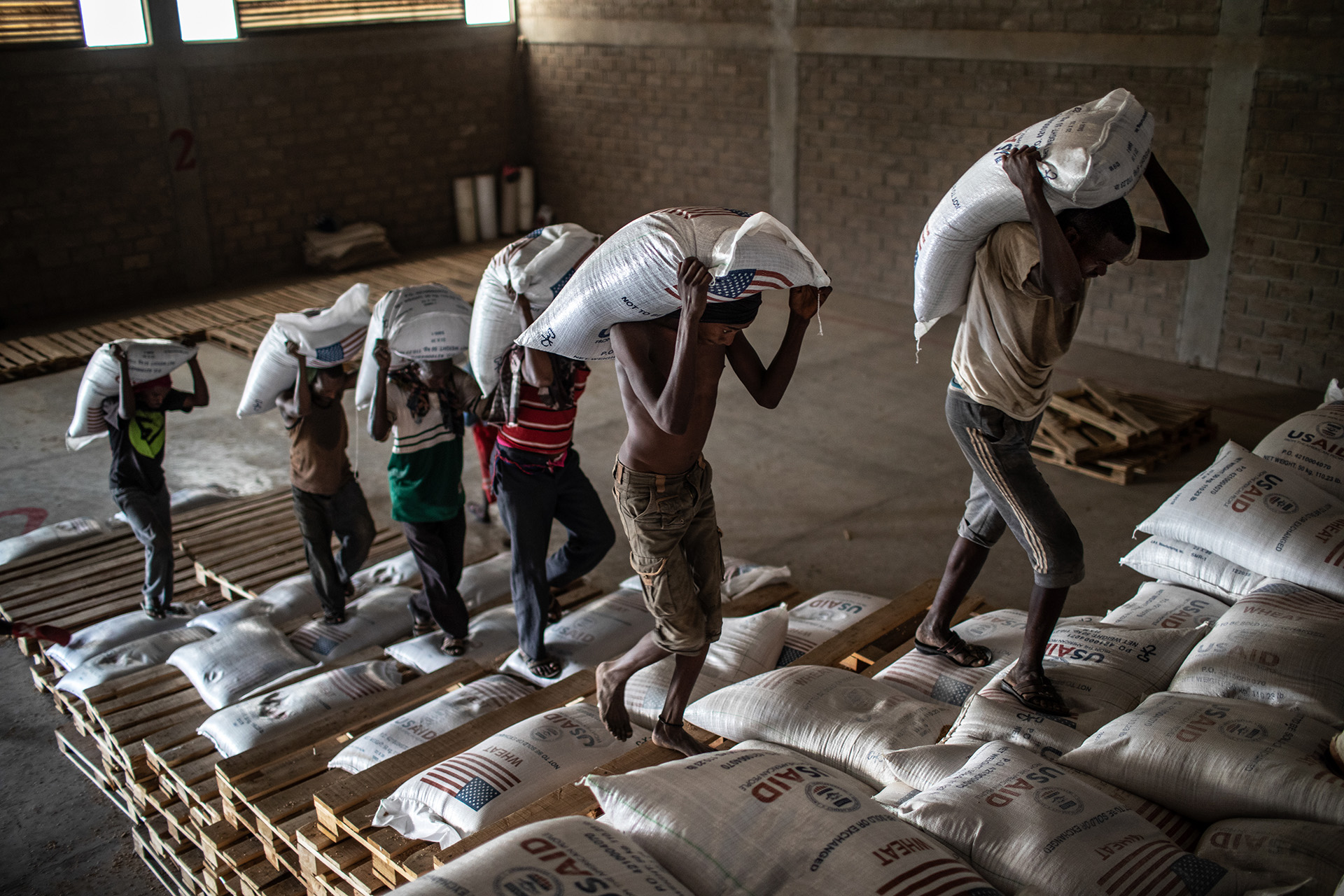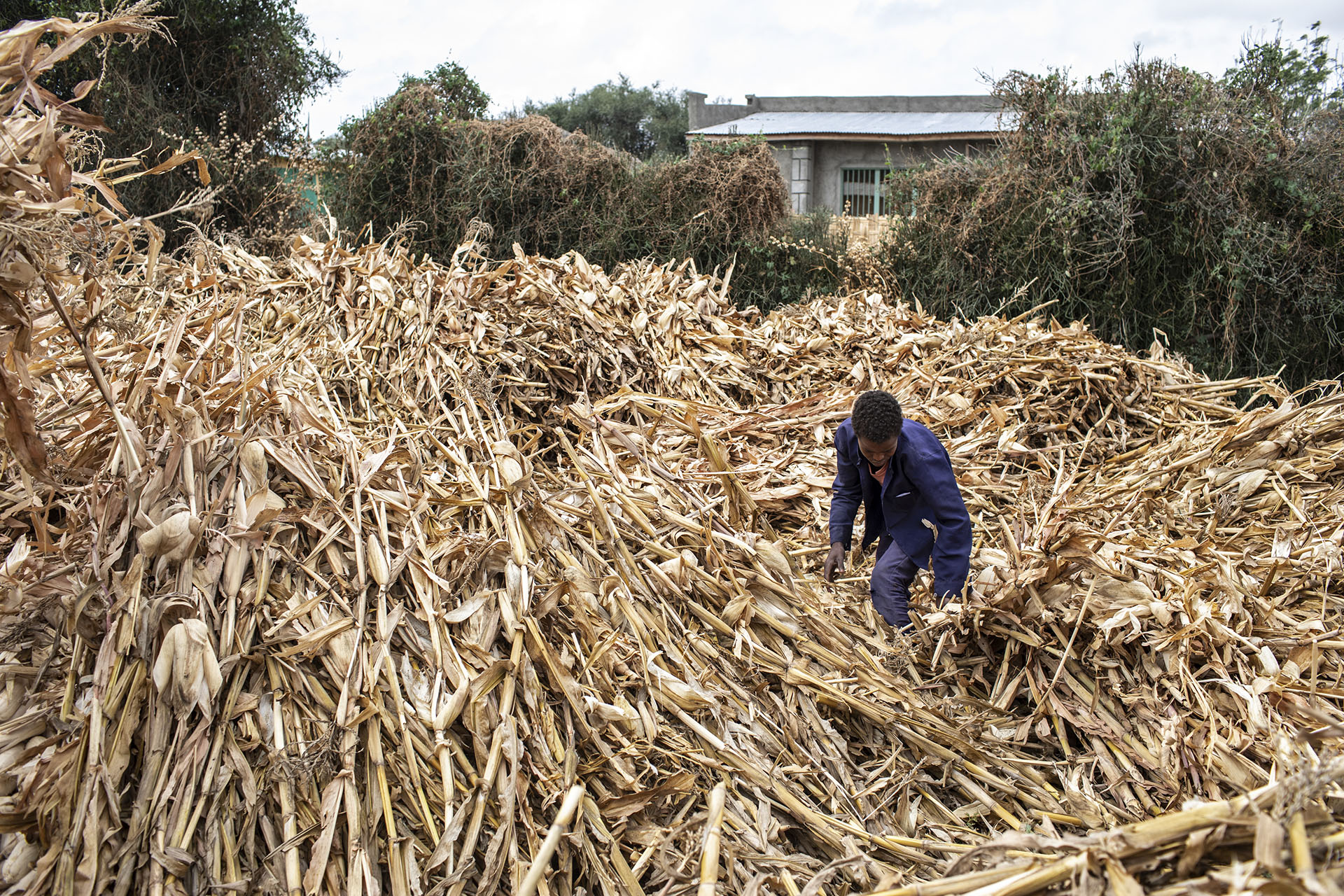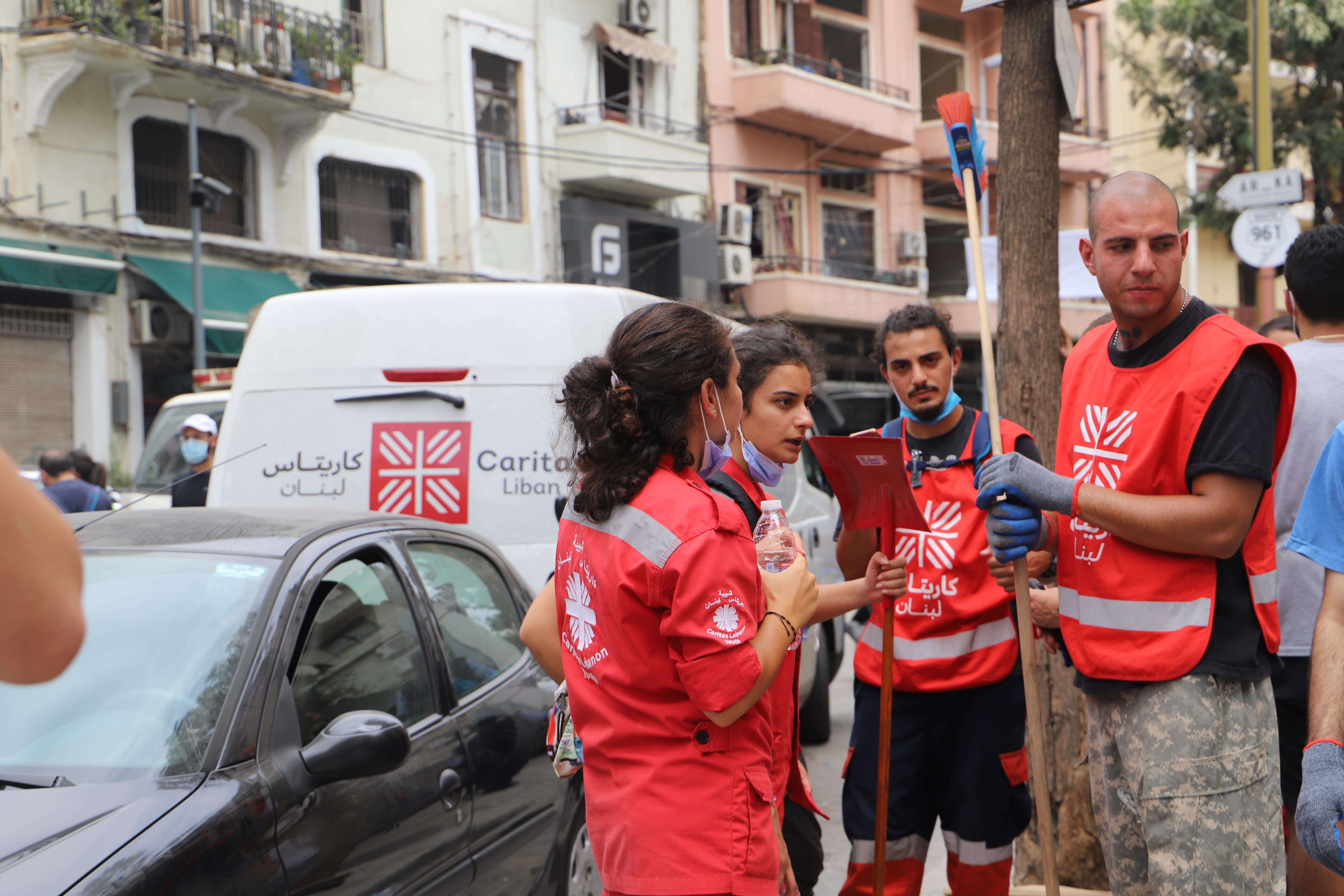You can help provide urgent relief
When a disaster strikes, the most vulnerable and marginalised are hit the hardest.

Aftermath of a shelling in a city in Ukraine
Conflict, natural disasters and pandemics can devastate communities and responding rapidly to a humanitarian emergency is critical. Crises like the one unfolding in Ukraine put a harsh spotlight on the devastating impacts particularly on vulnerable communities.
Our emergency responses provide immediate relief through the distribution of food, clean water, shelter, hygiene kits and other emergency supplies.
Through the international Caritas network and our partners on the ground, we work to make sure that the most vulnerable and most impacted are not left behind, sharing resources, technical expertise and information.
We stay long after the emergency to ensure the communities receive the long-term support they need to recover and build back stronger after a disaster.
This lifesaving work can only happen with your support.
Your donation today can help provide urgent relief including:
Basic Essentials
Helping refugees fleeing war and conflict in Ukraine to access clean water, food and hygiene kits.
Emergency Shelter
Providing emergency shelter to communities in the Pacific who lost their homes to cyclones and natural disasters.
Food Security
Supporting drought-affected communities in the Horn of Africa with food relief.

With your support, we are helping provide urgent food assistance to families in Ethiopia.
Disasters and poverty
Multiple factors impact food security in marginalised communities causing widespread hunger and malnutrition that can threaten lives and livelihoods - an estimated 690 million people go hungry every day. Not having enough to eat has ripple effects on health, the ability to get an education and earn a living, and the ability of a community and a country to flourish.
Although there have been huge improvements in fighting world hunger, it is currently on the rise, as many vulnerable communities in countries without food security are still struggling with malnutrition. Extreme weather events and humanitarian crises are increasing in frequency, intensity and severity, and vulnerable communities are often those most at risk.
In parts of Africa, like Malawi and Zimbabwe, poor rainfall and harvests in recent years mean that some individuals and families do not have enough food to last a whole year. Some are forced to cut back on their meals, sometimes going without food for days.
Changing climate, population growth, rising food prices and natural disasters all have an impact on food security. Implementing strategies and addressing the issues which contribute to global food security are essential.

Farmer covering his maize harvest after agricultural training. Photo By Will Baxter CRS

The Caritas Network is on the ground responding to emergency needs in Beirut. Photo: Caritas Lebanon
Mental health support after an emergency
Nearly one in five people affected by a humanitarian crisis will experience depression, anxiety, post-traumatic stress disorder and other mental illnesses.
Children who fled war or disaster zones may find it difficult to adjust to a new environment. Psychological support is essential to help children and adults to recover from the shock of displacement.
Since 2017, hundreds and thousands of Rohingya people have crossed the border into neighbouring Bangladesh to escape violence and persecution. Many now reside in Cox’s Bazar, the largest refugee camp in the world.
Through our partnership with Caritas Bangladesh – and with the support of generous people like you – we support women refugees in Cox’s Bazar with counselling and emotional support. The program also provides sewing classes, hygiene training and parenting programs to help refugees adjust to their new home.
With your support, we are there before and after emergencies. In 2020-2021:
1.5 million
the number of people we reached who were affected by disasters or conflict
47
the number of emergency responses
25
the number of countries where we provided emergency relief
Where does my donation go?
The funds raised through this appeal will be used to provide immediate and longer-term humanitarian assistance to communities affected by crises.
Where this is not possible, the funds will be used to provide immediate and longer-term development and humanitarian assistance to communities affected by crises. If any excess funds remain after a crisis, or if there are changes in circumstances beyond our control that limit our ability to use the funds, they are kept in the Emergency Response Appeal so that we can respond to ongoing development needs and future crises across all our regions.












